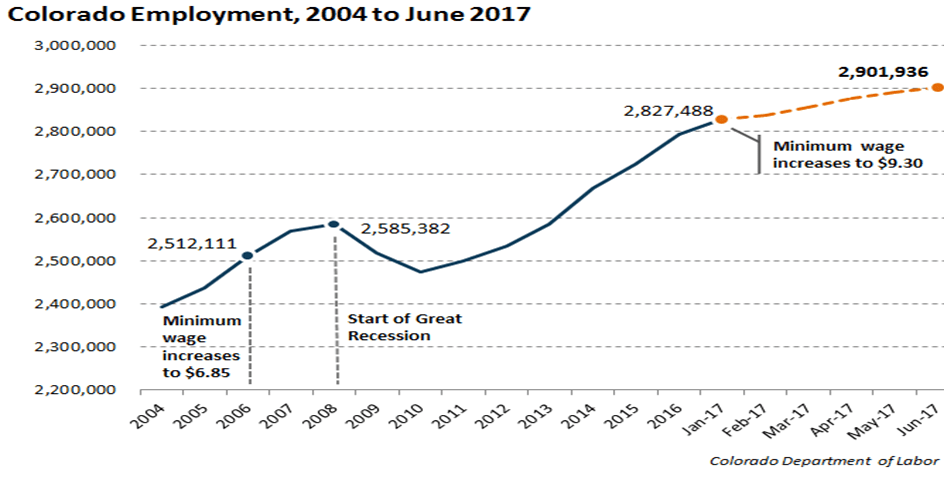Charles Brennan provided testimony in support of House Bill 24-1129, Protections for Delivery Network Company Drivers. CCLP is in support of HB24-1129.
Recent articles
CCLP testifies in support of TANF grant rule change
CCLP's Emeritus Advisor, Chaer Robert, provided written testimony in support of the CDHS rule on the COLA increase for TANF recipients. If the rule is adopted, the cost of living increase would go into effect on July 1, 2024.
CCLP testifies in support of updating protections for mobile home park residents
Charles Brennan provided testimony in support of House Bill 24-1294, Mobile Homes in Mobile Home Parks. CCLP is in support of HB24-1294.
CCLP’s legislative watch for April 5, 2024
For the 2024 legislative session, CCLP is keeping its eye on bills focused on expanding access to justice, removing administrative burden, preserving affordable communities, advocating for progressive tax and wage policies, and reducing health care costs.
Working Colorado: Six months into the minimum wage increase, job growth is robust

Last November, Colorado voters approved Amendment 70 raising the state’s minimum wage from $8.31 to $12 an hour by 2020. The first step increase occurred on Jan. 1, with an 11.9 percent increase in the minimum wage to $9.30 an hour.
According to data from the Colorado Department of Labor and Employment, job growth has been robust across the state in the first six months of 2017. In fact, Colorado has one of the strongest performing economies in the country with an unemployment rate of 2.3 percent.
The federal minimum wage was last raised from $6.55 to $7.25 in 2009. Currently 29 states have a minimum wage higher than the federal minimum. In 2017 alone, 19 states moved to raise their minimum wage reflecting growing concern about stagnant wages particularly for low wage workers.
In Colorado, while job growth has been strong in the state for the last six years, wages have not kept pace with the rising cost of living across the state. This is particularly true for low-wage workers. In 2015, workers at the 20th percentile of earners in the state were earning less than they did in 2000.
Despite dire predictions of job loss by the opponents of Amendment 70, job growth has been strong across the state following the first minimum wage increase. Statewide employment increased by 74,500. Rural counties experienced an increase of nearly 7,000 more people employed in the first six months of 2017.
Raising wages for the lowest paid Coloradans was the right thing to do. When hardworking Coloradans earn enough money to support their basic needs, they spend it in the local economy benefiting communities across the state.
– Michelle Webster





